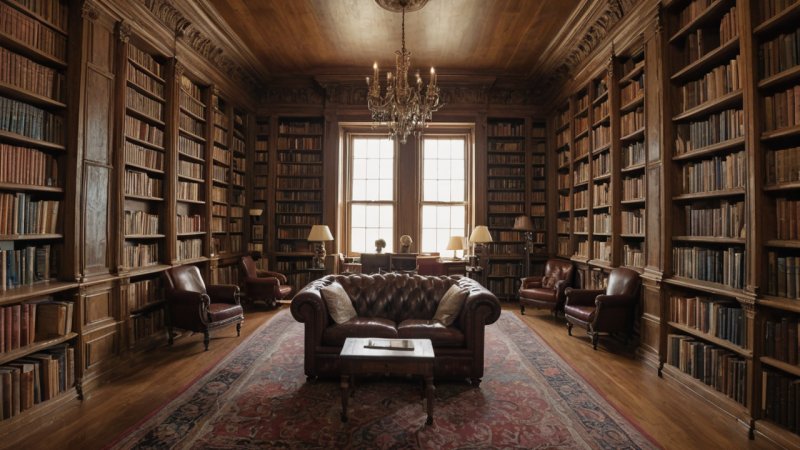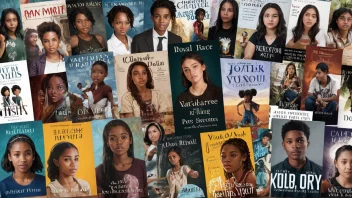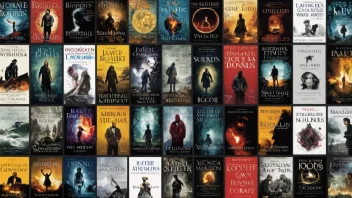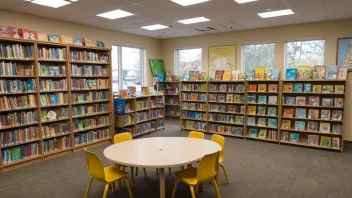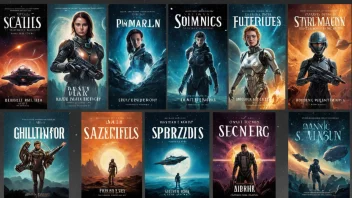Classic literature holds a unique place in modern education, offering timeless insights into the human experience that continue to resonate with readers across generations. The role of these works extends beyond mere academic study; they serve as vital tools for personal development, cultural understanding, and emotional growth. By examining classic literature through the lens of education, we can appreciate its enduring influence on students and society as a whole.
One of the most significant contributions of classic literature to education is its ability to cultivate critical thinking skills. Texts like 'The Odyssey' by Homer and 'The Picture of Dorian Gray' by Oscar Wilde challenge readers to analyze complex characters and intricate plots. Through discussions and essays, students are encouraged to interpret themes, question motivations, and evaluate moral dilemmas. This analytical engagement fosters a mindset that is crucial for success in both academic and real-world contexts, where critical thinking is increasingly valued.
Furthermore, classic literature serves as a mirror reflecting societal values and cultural norms of its time. Works such as 'The Scarlet Letter' by Nathaniel Hawthorne explore themes of sin, guilt, and redemption, offering insights into the moral frameworks of the past. By studying these texts, students gain a deeper understanding of how cultural contexts shape human behavior and societal expectations. This awareness is essential for fostering cultural literacy, enabling students to navigate diverse perspectives in an increasingly globalized world.
The emotional depth found in classic literature also plays a crucial role in education. Narratives such as 'Wuthering Heights' by Emily Brontë or 'The Grapes of Wrath' by John Steinbeck delve into themes of love, loss, and resilience, inviting readers to empathize with the struggles of the characters. Engaging with these emotional landscapes allows students to develop a greater sense of empathy and emotional intelligence. In a time when mental health and emotional well-being are paramount, literature can serve as a powerful tool for understanding and processing complex feelings.
Moreover, classic literature can spark discussions about identity and social issues that remain relevant today. Novels like 'The Color Purple' by Alice Walker and 'The Bell Jar' by Sylvia Plath explore themes of race, gender, and mental health. By addressing these topics through literature, educators can create safe spaces for students to discuss and reflect on their own experiences and perspectives. This dialogue is essential for fostering inclusivity and understanding in diverse classrooms.
It's important to note that while classic literature offers immense benefits, educators must approach these texts thoughtfully. Some classics may contain outdated or problematic themes that can alienate modern readers. To address this, teachers can incorporate diverse voices and contemporary works alongside classics, creating a more inclusive curriculum that honors both tradition and modernity.
In summary, classic literature plays an essential role in modern education by cultivating critical thinking, fostering cultural literacy, and promoting emotional growth. The insights gained from these timeless works equip students with the skills they need to navigate a complex world. As we continue to explore the relevance of classic literature, we must embrace its power to inspire, educate, and connect us across generations.
The Enduring Influence of Classic Literature
Classic literature offers timeless insights into the human experience, resonating across generations and serving as vital tools for personal development and cultural understanding.
